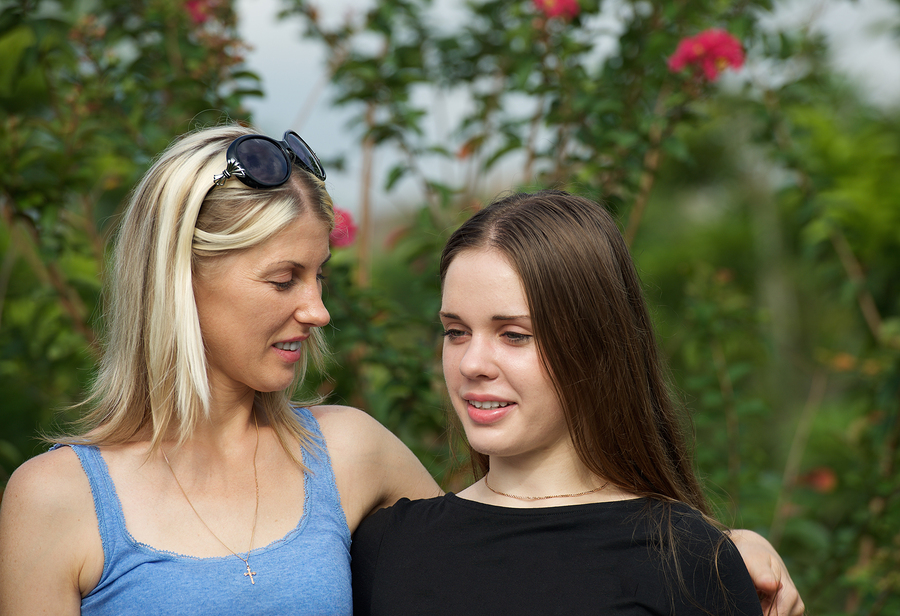The Healing Power of Yoga and Mindfulness Coaching: A Holistic Approach to Mental Health
In recent years, Yoga & Mindfulness services have emerged as a transformative complement to traditional therapy in the Eating Disorder & Mental Health Recovery Specialists’ program. These practices offer individuals a unique opportunity to address emotional challenges while fostering a deeper connection with their bodies. Unlike therapy, which focuses primarily on exploring thoughts, feelings, and behaviors, yoga and mindfulness coaching introduces physical and meditative practices that support emotional regulation and self-awareness. Here, we explore the profound benefits of incorporating yoga and mindfulness coaching into mental health recovery and how it works alongside traditional therapy.
-
Bridging the Mind-Body Gap
While therapy often centers on understanding mental and emotional patterns, yoga and mindfulness coaching emphasize movement, breath, and presence. This holistic framework bridges the gap between mind and body, providing clients with tools to process and release tension physically. For individuals navigating eating disorder recovery or other mental health challenges, this synergy fosters a deeper understanding of how emotions manifest physically and offers tangible methods for addressing these connections.
As Lucy Quigley, Yoga & Mindfulness Coach, explains:
“1:1 yoga and mindfulness coaching provides a personalized, supportive space to complement eating disorder recovery by fostering emotion regulation, self-compassion, and body appreciation. Sessions gently introduce practices like meditation, breathwork, and mindful movement, tailored to each client’s unique needs.”
-
Enhancing Emotional Regulation
Yoga and mindfulness coaching directly support emotional regulation by engaging the parasympathetic nervous system—the body’s relaxation response. Practices such as breathwork, meditation, and gentle stretching calm the mind and body, helping clients manage stress and overwhelming emotions. While therapy often helps clients identify emotional triggers and develop coping strategies, yoga and mindfulness sessions provide real-time, practical applications of these skills, reinforcing what is learned in therapy.
-
Building Resilience and Self-Awareness
Through mindfulness coaching, clients are encouraged to observe their thoughts and physical sensations without judgment. This heightened self-awareness often reveals patterns of tension, avoidance, or emotional suppression that can be explored more deeply in therapy sessions. Over time, this practice fosters resilience, empowering individuals to navigate challenges with greater confidence and clarity.
-
Supporting Trauma Recovery
Trauma often leaves an imprint on the body, resulting in chronic tension or disconnection. Yoga and mindfulness coaching, particularly when trauma-informed, provides a safe and gentle approach to explore and release these physical manifestations. This complements the cognitive and emotional work done in therapy, helping clients achieve a more integrated and complete sense of healing.
-
Empowering Clients Through Movement
For many, therapy can feel like a primarily verbal or introspective process. Yoga and mindfulness coaching introduces an active, physical element to recovery, restoring a sense of agency and empowerment. The act of moving with intention can be especially transformative for individuals who feel stuck or overwhelmed by their emotions. When paired with therapy, this movement fosters a sense of progress and personal strength.
-
Cultivating Long-Term Well-Being
While therapy addresses specific challenges and goals, yoga and mindfulness coaching provides clients with lifelong tools for maintaining mental health. Techniques such as mindful breathing, grounding exercises, and meditation can be seamlessly integrated into daily life, supporting sustained well-being. Together, these practices and therapy create a comprehensive foundation for mental and emotional health.
A Complementary Path to Healing
Yoga and mindfulness coaching does not replace therapy but rather complements it, offering a holistic approach to mental health care. By addressing both the mind and body, this integration creates opportunities for healing that are not only effective but deeply transformative. Whether you are navigating recovery from an eating disorder, managing anxiety, or seeking greater self-awareness, yoga and mindfulness coaching can provide valuable support alongside traditional therapy.
If you’re curious about how yoga and mindfulness coaching can enhance your healing journey, consider exploring 1:1 sessions tailored to your unique needs. These sessions include check-ins, guided mindfulness practices, breathwork, gentle movement, and personalized support—a safe and supportive space to reconnect with your mind and body.
Contact admissions@mentalhealth.nyc to learn more.


